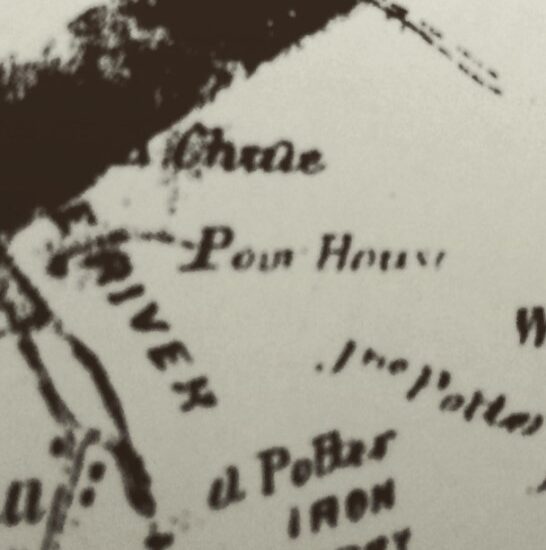
I looked at the telephone when it rang. It said “Private” caller. Hmm. I don’t owe any bills so I answered. The woman asked to speak to me. I informed her she had reached me. She said she was flipping through my book about Poor Houses. “Who is this?” I asked. “Oh I’m not going to tell you” she said “for confidentiality reasons. But I worked at a poor house and you have it all wrong.” “Okay, thanks for letting me know” I said and hung up the phone as she was sputtering and going No! No! No! at the other end.
If you are not going to identify yourself, I am not talking with you.
This is not the first call I have received about my book. I have received a few phone calls from people who are irate that I have recorded history that they believe is ‘wrong’. And they base their beliefs on the fact that they worked in a home or a family member worked in a home.
I did a visit with an elderly gentleman a while back. He asked me to come to his house and he was almost spitting nails at my book. It turned out his family members had run a poor house in rural Nova Scotia and he did not like what I wrote. It reflected badly on his family members. He told me all about how wonderful it was in the poor house, how everyone was treated ‘like family’ and how he had a wonderful time growing up there. That is terrific for him. I’m glad you have good memories.
However, it is one thing to grow up on a poor farm as the cherished family child and it is another thing to be forced into a poor farm because of your economic situation.
Both working there and being raised as a cherished child means you had a choice. Being forced to live there or to work there means you had no choice.
Working there meant you could go home to your own autonomy in the evenings. Being raised as a cherished child of a poor house administrator means your status in your local school did not make you the subject of mockery and jeers. It means you have someone to protect you.
It is as if you currently work for the Department of Community Services here in Nova Scotia, making $50,000 a year while regulating those in poverty and doling out $900 a month for a family to live on, and then telling the researcher/writer that “Really, the welfare isn’t that bad. After all I worked for them.” Spare me your bullshit.
Poor people in history and today are treated as they are at fault for their poverty and are shamed for their circumstances. Poor people are ‘sinners’ because of their poverty.
So don’t call me up and expect me to listen to you ‘explain’ to me how the poor house really wasn’t ‘that bad’. I’m not interested.
Brenda Thompson is the author of A wholesome Horror, Poor Houses in Nova Scotia. ISBN 978-0-9868733-5-5. Available at a few selected bookstores, public libraries, and through the publisher. Her latest book is Finding Fortune, documenting and imagining the life of Rose Fortune. Check out her blog Poor houses in Nova Scotia.
With a special thanks to our generous donors who make publication of the Nova Scotia Advocate possible.
Subscribe to the Nova Scotia Advocate weekly digest and never miss an article again. It’s free!




Nicely put! There’s nothing like the satisfaction of knowing you are telling the truth when you stand up to a bully. I have had to do it too!